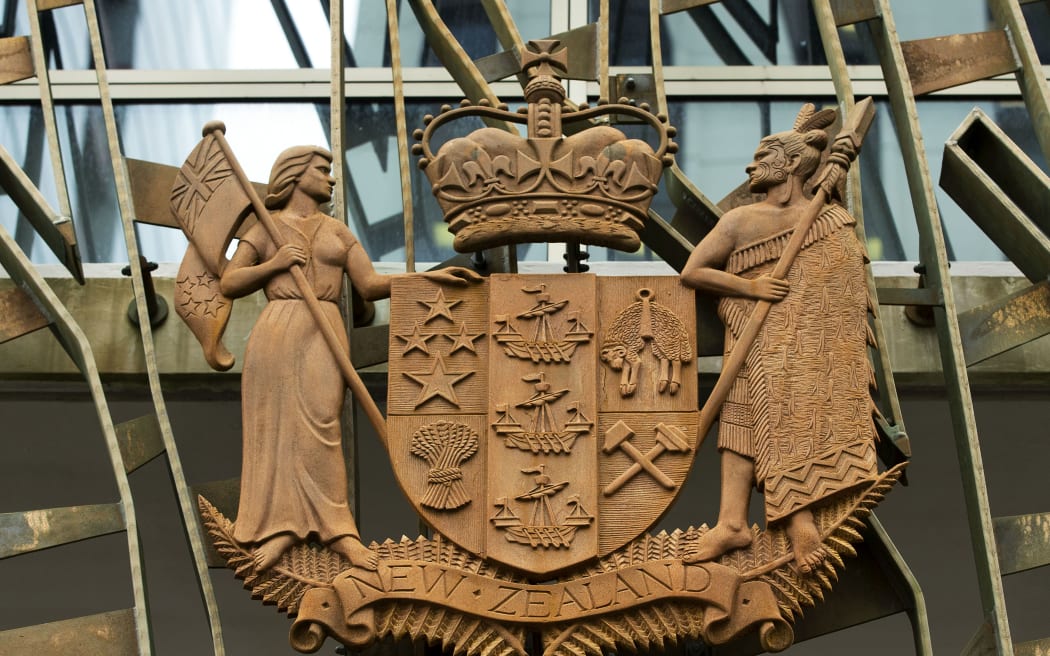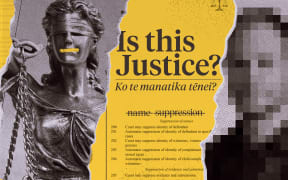
The man's name remains suppressed, pending the outcome of Thursday's hearing. Photo: Getty Images / Hagen Hopkins
A victims' advocate says a case at the Supreme Court on Thursday could set a precedent around whether youth offenders keep their names secret in future.
The case centres around a man who sexually offended against six teenage girls when he was 14 to 17 years old. The man turned 20 in 2022, the same year he was sentenced to 12 months' home detention.
He asked for permanent name suppression on the basis that publishing his name would be likely to cause extreme hardship or endanger his safety. His application was declined by the District Court, as was a later appeal to the High Court.
Independent advocate Ruth Money said three of the man's victims have waived their own right to name suppression, but were effectively gagged by his bid to keep his name secret.
"Sexual violence in New Zealand is an epidemic and sexual violence hides in the shadows and suppression certainly helps with the shadows," she said. "It will be a landmark decision that people point to in the future."
The man had been sentenced for his offending, Money said, but his repeated appeals for name suppression were continuing to impact his victims.
"This is a chance for the court to really consider the impact that suppression has on survivors of sexual violence," she said.
"The victims can't talk about the effects that this has had on their mental health, can't go to work and tell their colleagues that if this person comes in - he has raped me, I might have a panic attack, can't go to university for fear of bumping into the person and not being able to tell the university who that offender is. So it really impacts their ability to move on with their life."

Ruth Money. Photo: Stephanie Creagh Photography
The Court of Appeal refused to hear a second appeal, but in May, the Supreme Court ruled it would consider the case.
A woman connected to the man has also applied for her name to be permanently suppressed. This was granted by the Court of Appeal, but her application for the offender's name to stay secret was declined.
The Supreme Court will now decide whether the High Court and the Court of Appeal made the right decisions.
"We consider the proposed appeals do raise questions of general or public importance about the way in which youth justice principles, rehabilitation prospects, and the risks arising from publication for both applicants intersect with the principles of open justice," the May Supreme Court judgment read.
"Given the particular combination of circumstances, [the] case is one of those rare and exceptional cases where leave to appeal should be granted notwithstanding the decision of the Court of Appeal to decline leave."
The man's name remains suppressed, pending the outcome of Thursday's hearing.






